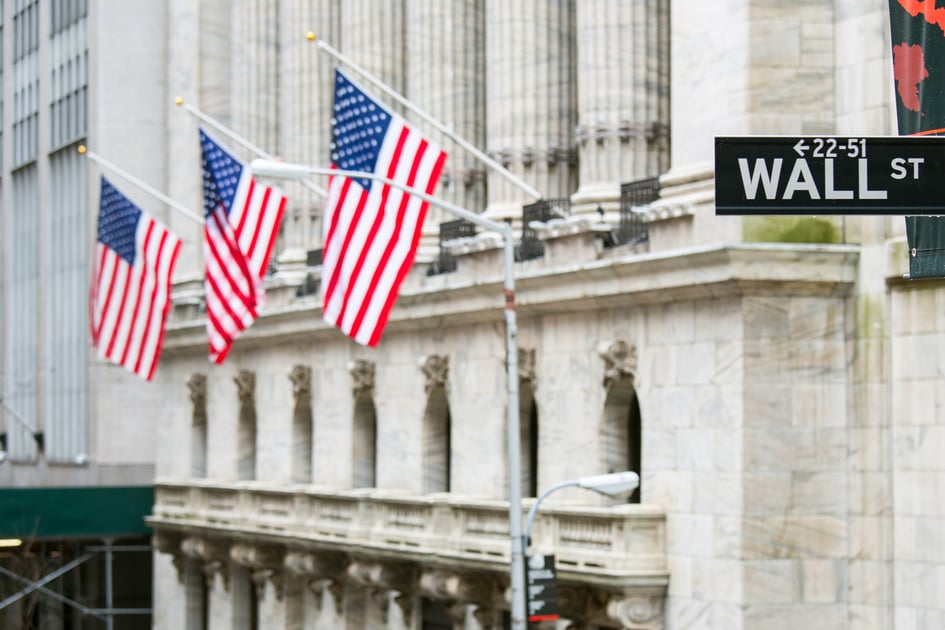collected by :Jack Luxor
summary_0}
As it stated in

Booz Allen issues an aggressive outlookConsulting giant Booz Allen Hamilton rose 7% after posting surprisingly strong fiscal fourth-quarter results. As for individual stocks, Ford (NYSE:F) and Booz Allen Hamilton (NYSE:BAH) saw heavy trading following market-moving news. Booz Allen this quarter enjoyed its highest ratio of billed contracts yet. Revenue rose 11% to $1.58 billion to edge past consensus estimates that were targeting $1.57 billion. Ford's latest results showed that its immediate concerns include falling sales volumes and lower market share in its core U.S. division.

Trading by quant funds has soared to 27.1% of all stock market trading, up from 13.6% in 2013, according to a series of reports by the Wall Street Journal. This comes on top of last year when investors had yanked $83 billion out of non-quant hedge funds and had poured $13 billion into quant funds. Quant funds earned about 5.1% per year on average over the past five years. This chart shows the soaring share of trading by quant funds (red line), compared to the largest other types of investors – traditional asset managers, non-quant hedge funds, and bank proprietary trading. Quant funds are different from algo-driven high-frequency trading (HFT) where trades last only milliseconds.
read more visit us Money
summary_0}
As it stated in
What Happened in the Stock Market Monday -- The Motley Fool

Booz Allen issues an aggressive outlookConsulting giant Booz Allen Hamilton rose 7% after posting surprisingly strong fiscal fourth-quarter results. As for individual stocks, Ford (NYSE:F) and Booz Allen Hamilton (NYSE:BAH) saw heavy trading following market-moving news. Booz Allen this quarter enjoyed its highest ratio of billed contracts yet. Revenue rose 11% to $1.58 billion to edge past consensus estimates that were targeting $1.57 billion. Ford's latest results showed that its immediate concerns include falling sales volumes and lower market share in its core U.S. division.
Will Quant Funds Trigger the Next Stock Market Crash?
Trading by quant funds has soared to 27.1% of all stock market trading, up from 13.6% in 2013, according to a series of reports by the Wall Street Journal. This comes on top of last year when investors had yanked $83 billion out of non-quant hedge funds and had poured $13 billion into quant funds. Quant funds earned about 5.1% per year on average over the past five years. This chart shows the soaring share of trading by quant funds (red line), compared to the largest other types of investors – traditional asset managers, non-quant hedge funds, and bank proprietary trading. Quant funds are different from algo-driven high-frequency trading (HFT) where trades last only milliseconds.
read more visit us Money
Comments
Post a Comment